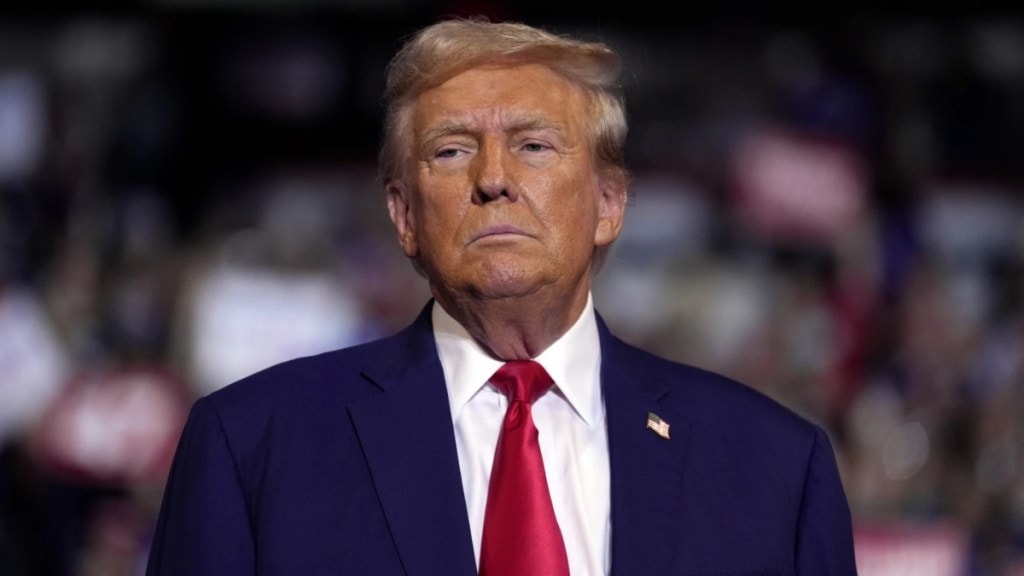US President Donald Trump on Sunday said that if the courts stop his administration’s tariffs, it could lead to the “economic ruination” of the country. Trump’s comment comes after a US court blocked his use of emergency powers to implement sweeping taxes on imported goods.
The US Court of International Trade had said that the US President had overstepped and does not have unlimited power to impose tariffs on his own. While the ruling could have stopped the tariffs right away, an appeals court gave the White House a temporary break. Now, the case may go to the Supreme Court. Despite the legal setback, Trump and his top advisers say they won’t back down and still have ways to keep pressure on countries like China to make trade deals.
The White House has argued that losing this case could seriously hurt ongoing negotiations and weaken Trump’s position. Trump echoed that idea on Sunday in a post on social media, sounding confident that the courts would eventually side with him. He warned that a decision against the tariffs would let other nations “hold our Nation hostage” and lead to “Economic ruination” for the country.
The White House also hinted that Trump wasn’t planning to extend the original 90-day pause on some of the highest tariff rates, making it more likely that those tariffs, which had already rattled markets just by being announced, would kick in as scheduled in July.
“Rest assured, tariffs are not going away,” Commerce Secretary Howard Lutnick said on Fox News on Sunday.
When asked about the fate of the President’s so-called reciprocal tariffs, which had been introduced and then quickly put on hold back in April, Lutnick said, “I don’t see today that an extension is coming.”
Court challenges add legal uncertainty
Things took a more serious turn for Trump’s trade policies last week when a federal trade court ruled that he had misused an emergency economic powers law in his attempt to launch a global trade war. That decision could’ve immediately blocked the tariffs – a central part of Trump’s strategy to force trade talks, but the administration got a short reprieve from an appeals court. Now, the case is likely headed to the Supreme Court.
At one point, top White House officials had promised they’d reach 90 trade agreements in 90 days. So far, they’ve only rolled out a single framework and that’s with Britain. Still, on Sunday, Lutnick brushed off the idea that this latest court ruling was a major blow. “Cost us a week, maybe,” he said, insisting that the administration would still land “first-class deals.”
Meanwhile, Trump hasn’t backed off. On Friday, he lashed out at China, accusing it of not sticking to an earlier agreement that had both countries easing their high tariffs as they worked toward a more permanent deal. That same day, he announced he’d be doubling the tariff on imported steel to 50 per cent, a move that could end up driving up prices for American buyers.
Talks with China in limbo
Kevin Hassett, who leads the White House’s National Economic Council, told ABC’s “This Week” that Trump and China’s president, Xi Jinping, might talk trade sometime this week — though he admitted later that no conversation had actually been scheduled yet.
Over on CBS’s “Face the Nation,” Treasury Secretary Scott Bessent confirmed that talks with China had stalled. He pointed out that Beijing had been withholding its exports of rare earth minerals, essential materials in global manufacturing.
“Maybe it’s a glitch in the Chinese system; maybe it’s intentional,” Bessent said.
He also defended the steel tariffs, saying they were meant to protect American steel jobs. As for what kind of effect the new tariffs might have on industries like construction, Bessent admitted that was hard to predict, calling it a “very complicated ecosystem.”

